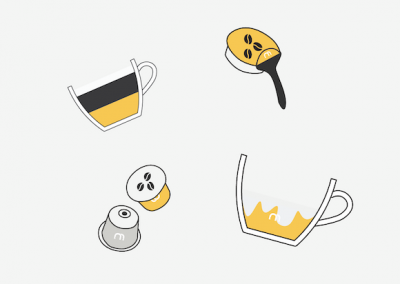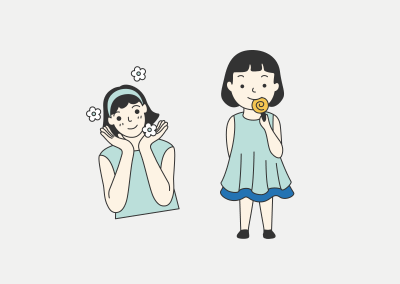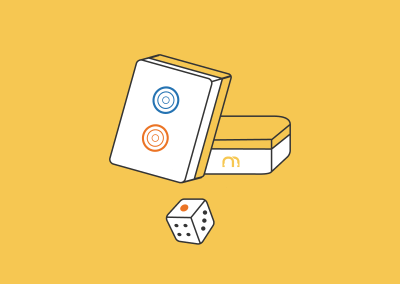The Most Useful Structures for Past Tense in Chinese
Understanding tenses in Chinese can be tricky for learners especially when expressing past events in Mandarin Unlike English Chinese past tense grammar doesn’t rely on verb conjugations but instead uses structural particles like 了 (le) 过 (guò) and 是…的 (shì…de) to indicate completed actions past experiences or specific past-time details.
Previously we discussed how to express future tense in Chinese. Now let’s explore five essential past tense structures in Chinese with examples sentence patterns and usage tips to help you speak more fluently and naturally.

1. Verb + 了 (le) Past Actions in Chinese
Structure:
[Subject] + [Verb] + 了 (le) + [Object]
EXAMPLE SENTENCE
Jason 昨天去了北京。
Jason zuótiān qù le Běijīng.
👉 Jason went to Beijing yesterday
KEY TIP
The 了 (le) particle the completion of an action. If you want to express “did not do something” you should use 没 (méi) instead of 了 (le) (e.g. Jason 昨天没去北京 “Jason didn’t go to Beijing yesterday”)
2. Verb + 过 (guò) Past in Chinese
Verb + 了 (le) Focuses on a specific completed action (a fact)
Verb + 过 (guò) Emphasizes past experience (something done before)
KEY STRUCTURE
[Subject] + [Verb] + 过 (guò) + [Object]
EXAMPLE SENTENCES
Using 了 (le) – A Completed Action:
我昨天去了北京
Wǒ zuótiān qù le Běijīng
I went to Beijing yesterday (Specific past action)
Using 过 (guò) A Past Experience:
我去过北京
Wǒ qù guò Běijīng.
I’ve been to Beijing before (Emphasizing experience)
Another Example Eating Chinese Food:
星期三我吃了中国菜
Xīngqīsān wǒ chī le Zhōngguó cài
I had Chinese food on Wednesday. (A specific meal)
我吃过中国菜
Wǒ chī guò Zhōngguó cài
I’ve tried/eaten Chinese food before (Experience)
KEY TIP
If you want to say you’ve never done something, you should use 没 (méi) + Verb + 过 (guò) (e.g., 我没去过北京 “I’ve never been to Beijing”)
3. 已经 (yǐjīng) + Verb + 过 (guò) + Object + 了 (le)
The word 已经 (yǐjīng) means “already” in Chinese past tense that action has been completed. This is similar to saying “have already done something” in English.
KEY STRUCTURE
[Subject] + 已经 (yǐjīng) + [Verb] + 过 (guò) + [Object] + 了 (le)
EXAMPLE SENTENCES
我们已经吃过晚饭了。
Wǒmen yǐjīng chī guò wǎnfàn le.
We’ve already had dinner.
他已经看过这个电影了。
Tā yǐjīng kàn guò zhè gè diànyǐng le.
He has already watched this movie.
KEY TIP
If the sentence is negative replace 了 (le) with 没 (méi):
我已经吃过了 我已经没吃过 (I haven’t eaten yet)
4. 没 (méi) + Verb Past Actions in Chinese
When negative past tense sentences in Chinese grammar you need to use 没 (méi) + verb which means “didn’t do something”.
IMPORTANT RULE
Unlike past tense sentences you DO NOT use 了 (le) in negative sentences!
Subject + 没 (méi) + Verb + Object
上个星期我没去工作。
Shàng gè xīngqī wǒ méi qù gōngzuò.
👉 I didn’t go to work last week.
昨天他没吃午饭。
Zuótiān tā méi chī wǔfàn.
👉 He didn’t eat lunch yesterday.
KEY TIP
没 (méi) replaces 了 (le) in negative sentences.
If you want to say “have never done something” use 没 + Verb + 过 (guò) (e.g. 我没去过北京 I have never been to Beijing).
5. 没 (méi) + Verb + 过 (guò). Expressing “Have Never Done” in Chinese
We previously discussed that 过 (guò) experiences with 没 (méi) means “have never done something before”. This is commonly used to express lack of experience in the past.
Subject + 没 (méi) + Verb + 过 (guò) + Object
Expressing Lack of Experience
Alice 没喝过绿茶。
Alice méi hē guò lǜchá.
Alice has never tried/drunk green tea.
FAQs About Past Tense in Chinese
Yes Chinese doesn’t use verb like English past actions and experiences words like 了 (le) 过 (guò) 没 (méi) and 已经 (yǐjīng)
2. What the difference between 了 (le) and 过 (guò)
了 (le) is completed actions ( 我昨天去了北京 “I went to Beijing yesterday”)
过 (guò) is used for past experiences ( 我去过北京 “I been to Beijing before”)
3. When should I not use 了 (le)?
In negative sentences: Use 没 (méi) instead.
With habitual actions: No need for 了 (le).
4. Can I use both 了 (le) and 过 (guò) together?
No, because 了 (le) focuses on a completed action while 过 (guò) emphasizes experience. They don’t usually appear together.
5. What’s the best way to remember past tense in Chinese?
Use 了 (le) for completed actions.
Use 过 (guò) for past experiences.
Use 没 (méi) for negative past statements.
Use 已经 (yǐjīng) + 过 (guò) + 了 (le) to emphasize completed actions.
To find out more interesting phrases and questions in Chinese, check out one of our blog posts How to Say “Popular”, “Trending”, “Viral” in Chinese










